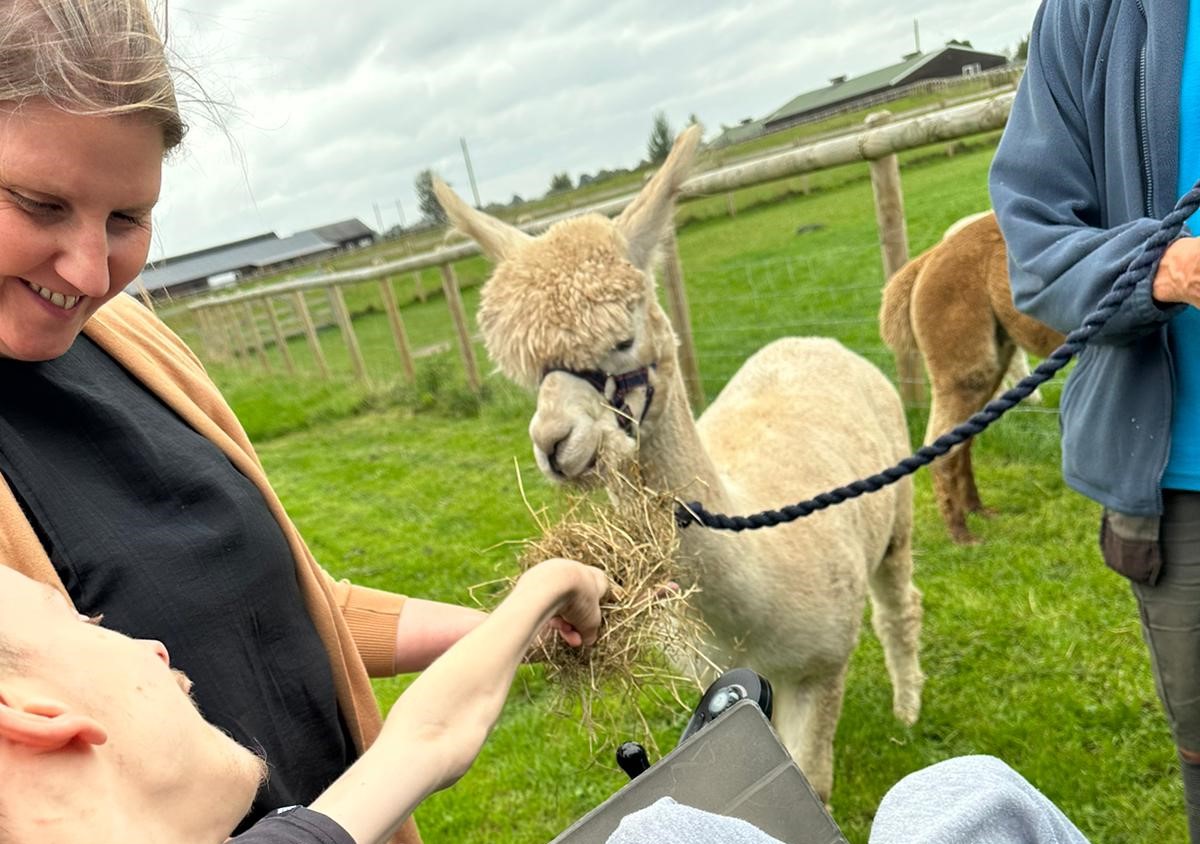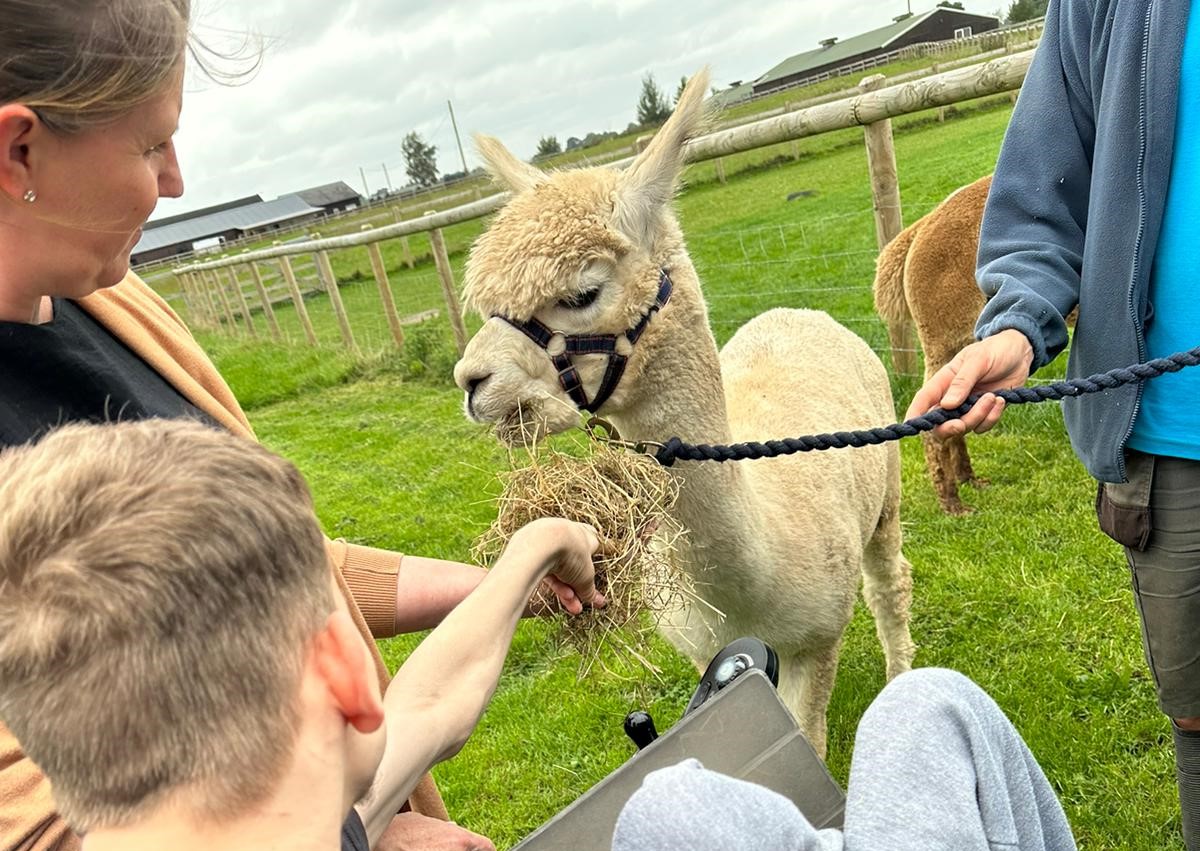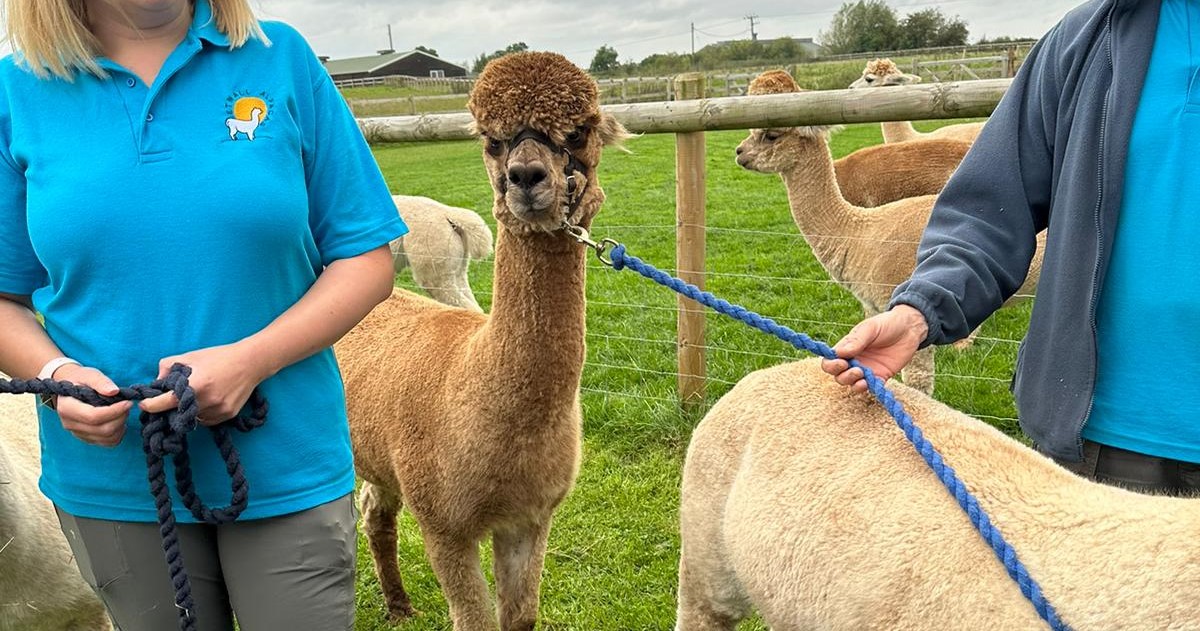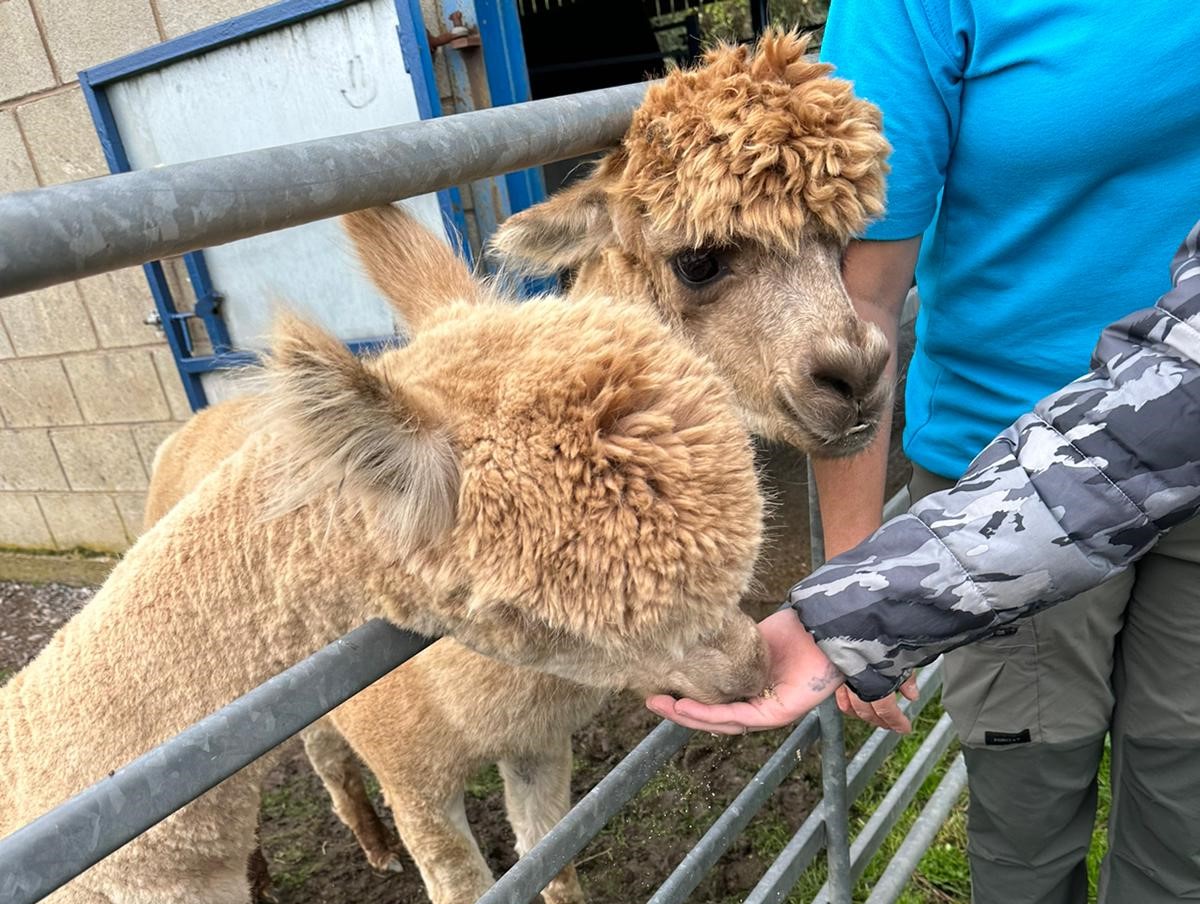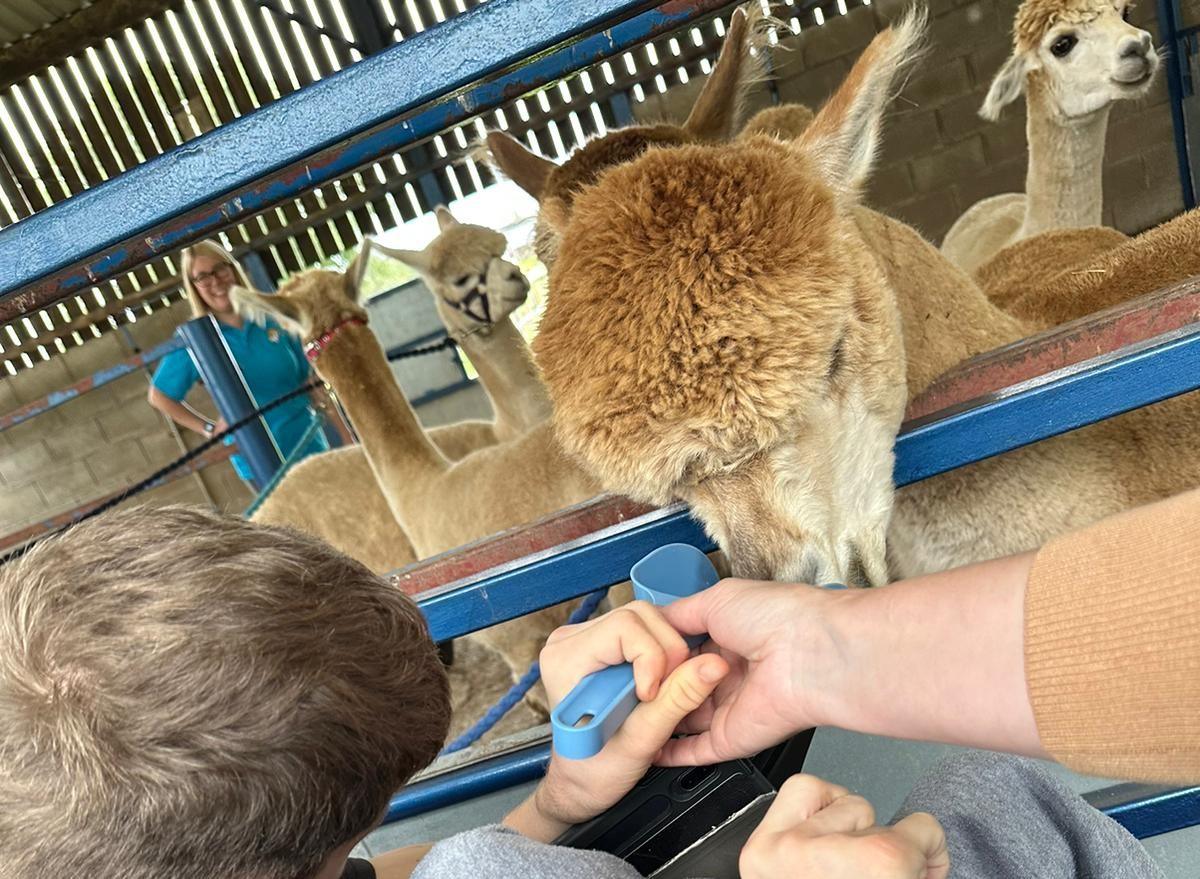Tim is a residential support worker at Nightingale House, a key service under Progress. His journey is a remarkable story of professional growth and personal transformation. Starting with minimal experience, Tim has not only become a vital member of the Nightingale House team but has also found that the skills and training he received have profoundly impacted his family life, especially in his role as a father.
In 2022, Tim arrived in the UK from Zimbabwe, embarking on a new chapter in his life. His initial days at Nightingale House were challenging, but with the support of his colleagues and the management team, Tim found his footing. “I didn’t really have any expectations because I just came to this country,” he recalls. The journey was tough, but the encouragement and assistance from his team and the manager made all the difference.
The training Tim received at Nightingale House was exceptional, equipping him with skills that extended beyond the workplace. This training, tailored specifically to the needs of the residents at Nightingale House, included specialised techniques that are not commonly offered by other organisations. “The training that I’ve got… has really impacted me positively,” Tim explains. This unique and comprehensive training approach is a hallmark of Progress, setting it apart from standard training programmes in the sector.
One of the most significant impacts of Tim’s job has been on his parenting. As a father of three, Tim discovered that the skills he learned at work enhanced his ability to support and understand his children. The training opened his eyes to new ways of uniquely interacting with and specifically supporting the young people at Progress – in addition to his kids, fostering better communication and understanding. “I had this lens that I looked at the world in regard to my kids… Now I can support my kids in ways that I never thought they needed support,” Tim shares.
His improved relationship with his teenage son is a testament to this transformation. Tim’s new approach, which involves asking his children about their thoughts and feelings, has led to more open and meaningful conversations. “My relationship with [my son] is way better than it was before,” he notes.
Daily Responsibilities and Work-Life Balance
Tim’s typical day at Nightingale House involves a variety of responsibilities, from supporting residents with their daily routines to administering medication and personal care. Tim has managed to achieve a healthy work-life balance, thanks to the supportive management at Nightingale House. The flexibility offered by his manager allowed Tim to tailor his work schedule to meet his family’s needs, demonstrating the Progress’ commitment to its employees’ well-being.
Empathy and patience are central to Tim’s approach at work and at home. The culture at Nightingale House encourages staff to put themselves in the residents’ shoes, a mindset that Tim has adopted in his parenting. “If you’re working with someone or supporting someone, you need to put yourself in their shoes,” he emphasises. This philosophy has helped Tim become more patient and understanding, both with the residents he supports and with his own children.
Tim’s experience at Nightingale House highlights the profound impact that supportive management and specialised training can have on both professional and personal development. His story is a testament to the importance of empathy, patience, and continuous learning. Through his journey, Tim has not only grown as a professional but also as a father, demonstrating the far-reaching benefits of the skills and training provided by Progress.
If Tim’s journey resonates with you, consider exploring similar career opportunities at Progress. Visit www.progresscare.co.uk/jobs to learn more about how you can contribute to creating enriching experiences for children who need it the most.





